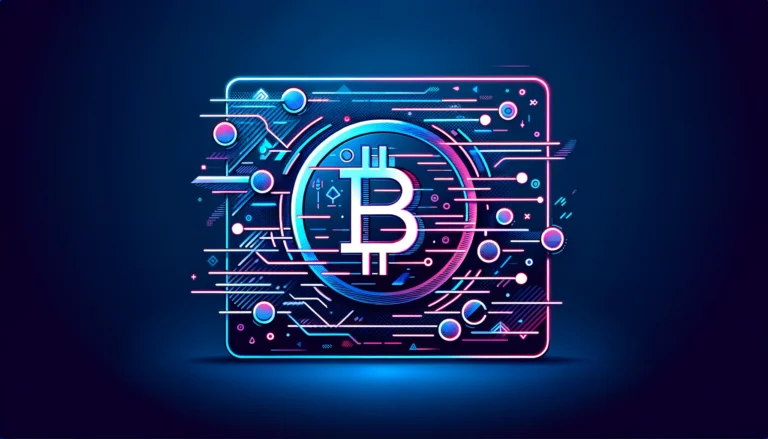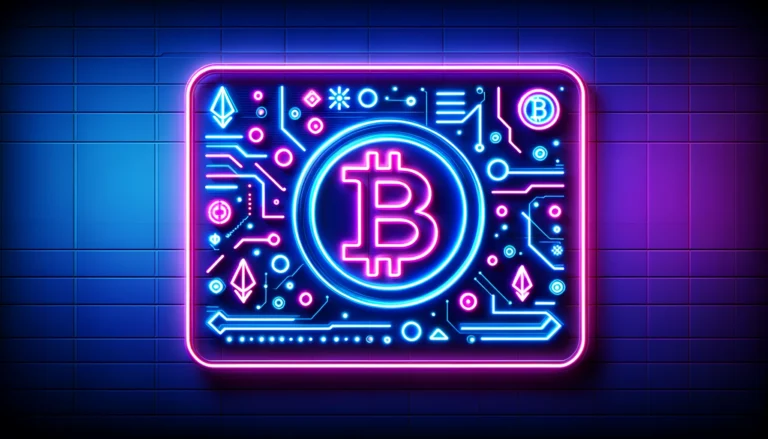Mastering NFTs: Essential Guide to Trading Gaming NFTs
In the dynamic world of digital assets, Non-Fungible Tokens (NFTs) have carved a unique niche, particularly within the gaming industry. These blockchain-based assets represent ownership of unique items and have transformed how value and rarity are perceived in the virtual realm. As the intersection of gaming and blockchain technology grows, understanding and mastering the trade of gaming NFTs has become crucial for enthusiasts and investors alike. This guide provides an in-depth look at trading gaming NFTs, from understanding the basics to navigating future trends effectively.
Understanding NFTs: Basics and Beyond
Non-Fungible Tokens (NFTs) are digital assets that represent ownership of a unique item or piece of content, such as digital art, collectibles, and in-game items, using blockchain technology. Unlike cryptocurrencies like Bitcoin, each NFT is distinct, with specific information stored in its smart contract. This uniqueness adds a layer of rarity and value, particularly appealing in the gaming community. NFTs are typically bought, sold, and traded on specialized platforms using cryptocurrency, and they are secured by the blockchain, ensuring authenticity and ownership records.
The Rise of Gaming NFTs in the Market
The gaming industry has eagerly adopted NFTs, integrating them into games as unique, tradeable items that carry real-world value. This shift has allowed players not only to own in-game items truly but also to trade or sell them in open markets. As a result, gaming NFTs have created a new economy where digital assets can accumulate significant value and liquidity. Major gaming companies and indie developers alike are exploring NFT integrations, seeing them as a tool to increase engagement and revenue.
Evaluating Gaming NFT Platforms: A Guide
Choosing the right platform is critical when engaging with gaming NFTs. Prospective traders should consider factors such as security, user interface, transaction fees, and the range of available NFTs. Platforms like OpenSea, Rarible, and Enjin offer different features that cater to varied needs in the gaming community. Additionally, it’s important to assess the blockchain on which the platform runs, as this can affect transaction speeds and costs.
Key Strategies for Buying Gaming NFTs
When purchasing gaming NFTs, it’s vital to conduct thorough research. Understanding the game’s popularity, the rarity of the item, and future development prospects can guide your buying decisions. Utilizing tools like rarity.tools can help buyers assess an NFT’s rarity and potential value. Moreover, joining community discussions and forums can provide insights into what items are in demand and likely to appreciate in value.
Managing Your NFT Portfolio Effectively
Effective management of your NFT portfolio involves regular assessment and rebalancing to ensure alignment with your investment goals and market conditions. Diversifying your holdings across different games and asset types can mitigate risk. Keeping track of trends, new game releases, and community sentiment can also aid in making informed decisions about when to buy or sell certain NFTs.
Selling Your Gaming NFTs: Best Practices
When it’s time to sell your gaming NFTs, proper timing and platform selection are crucial. Understanding market trends and peak trading times can maximize your returns. Creating attractive, comprehensive listings with clear, high-quality images and detailed descriptions can also help your NFTs stand out. Furthermore, engaging with potential buyers through social media and gaming forums can enhance visibility and demand for your NFTs.
Future Trends in Gaming NFTs: What’s Next
The future of gaming NFTs is likely to witness increased integration with traditional gaming industries and potential expansion into new genres. Advancements in blockchain technology, such as the development of more scalable and environmentally friendly options, will enhance the appeal and functionality of NFTs in gaming. Additionally, we may see a greater emphasis on interoperability, allowing NFTs to be used across multiple gaming platforms, further enhancing their value and utility.
As the NFT landscape continues to evolve, particularly within the gaming sector, staying informed and adaptable will be key to navigating this burgeoning market. From understanding the fundamental attributes of NFTs to anticipating future trends, mastering the art of trading gaming NFTs requires diligence, strategic planning, and an active engagement with the gaming community. Whether you’re a seasoned trader or a curious newcomer, the realm of gaming NFTs offers a compelling blend of technology, finance, and entertainment.


